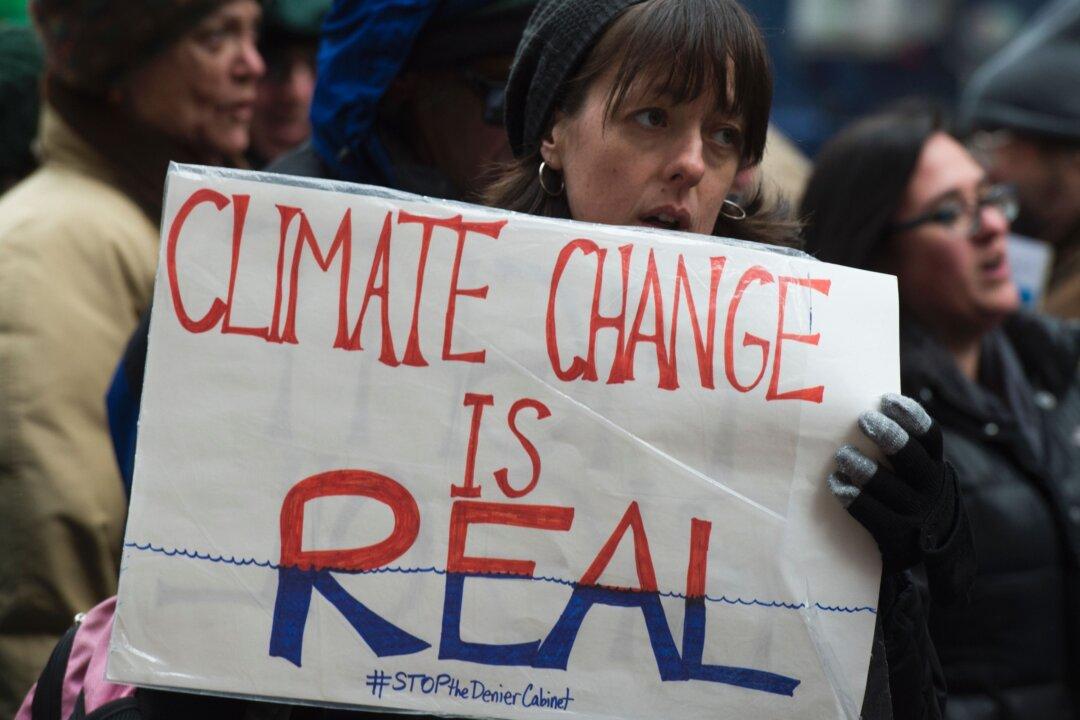Commentary
According to various sources, “denialism” is the practice of denying the validity of something for which there’s irrefutable proof.

According to various sources, “denialism” is the practice of denying the validity of something for which there’s irrefutable proof.